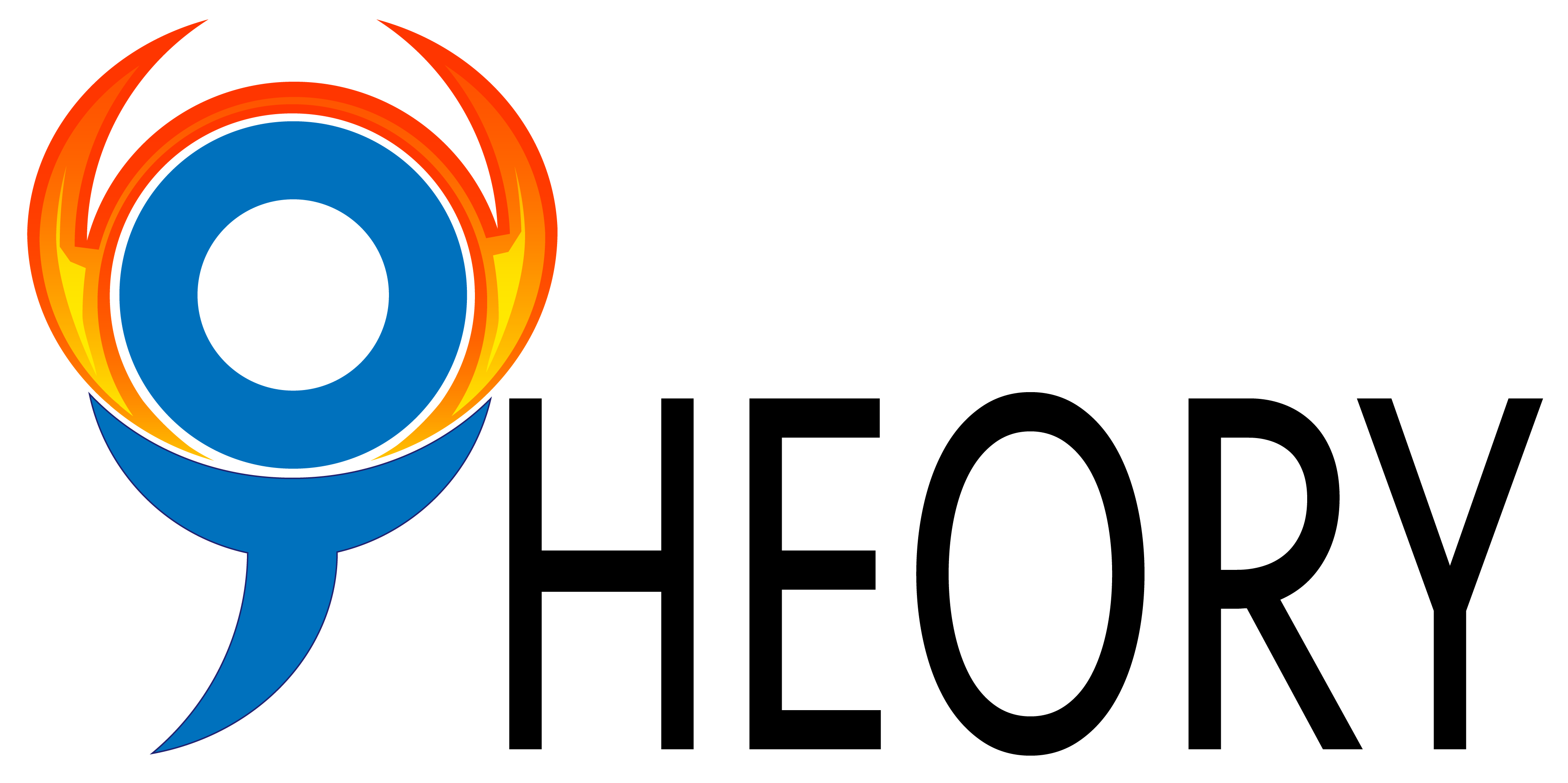What is theoretical knowledge relevant to occupational therapy?
Theoretical knowledge is a set of ideas or concepts that occupational therapists use to guide their actions during the assessment and intervention process. The ability to understand theoretical knowledge is an important part of learning process to become an occupational therapist. Applying theoretical knowledge in clinical practice can be also seen as borrowing experience (e.g., a thinking frame or a metaphor) from experienced therapists, which assists occupational therapy students and new therapists in making clinical reasoning to the clients’ issues.
In HOTheory, theoretical knowledge relevant to occupational therapy is divided into four categories including theory, model, frame of reference, and framework.
Theory is defined broadly as “a plausible or scientifically acceptable general principle or body of principles offered to explain phenomena”.1 Dr. A. Jean Ayres’s theory of sensory integration is one commonly used theory in occupational therapy.
Model is defined “a symbolic representation of concepts or variables, and interrelationships among them”.2 In occupational therapy, models can be further divided into two types: conceptual models and practice models. Conceptual models, such as the Person-Environment-Occupation model, help occupational therapists to analyze and understand occupation. Practice models, such as the Occupational Performance Process Model, help therapists to know what to do in clinical practice.Frame of reference is described as “a structure used to transform theory into applicable information – to link theory to practice”.3 A frame of reference provides principles for selecting, synthesizing, and reformulating theories into a practical form that allows occupational therapists to use the information.4 For example, rehabilitative frame of reference is one of the common frames of reference used in occupational therapy.
Framework is defined as “a basic conceptional structure (as of ideas)”. For example, the Occupational Therapy Practice Framework: Domain and Process5 describes the central concepts that guide occupational therapy practice and builds a common understanding of the basic tenets and vision of the profession.
- Theory. In. Available at: Retrieved from http://www.merriam-webster.com/dictionary/theory.
- Polit, D. F. and Beck, C. T. (2004) Nursing research, principles and methods, Philadelphia, PA, Lippincott Williams & Wilkins.
- Mosey, A. C. (1986) The psychosocial components of occupational therapy, New York, Raven Press.
- Framework. In. Available at: Retrieved from http://www.merriam-webster.com/dictionary/framework.
- American Occupational Therapy Association (2014) Occupational therapy practice framework: Domain and practice (3rd ed.). American Journal of Occupational Therapy 68 (Suppl. 1), S1-S48.
About Theoretical Knowledge
© 2024 HOTheory - All rights reserved.

